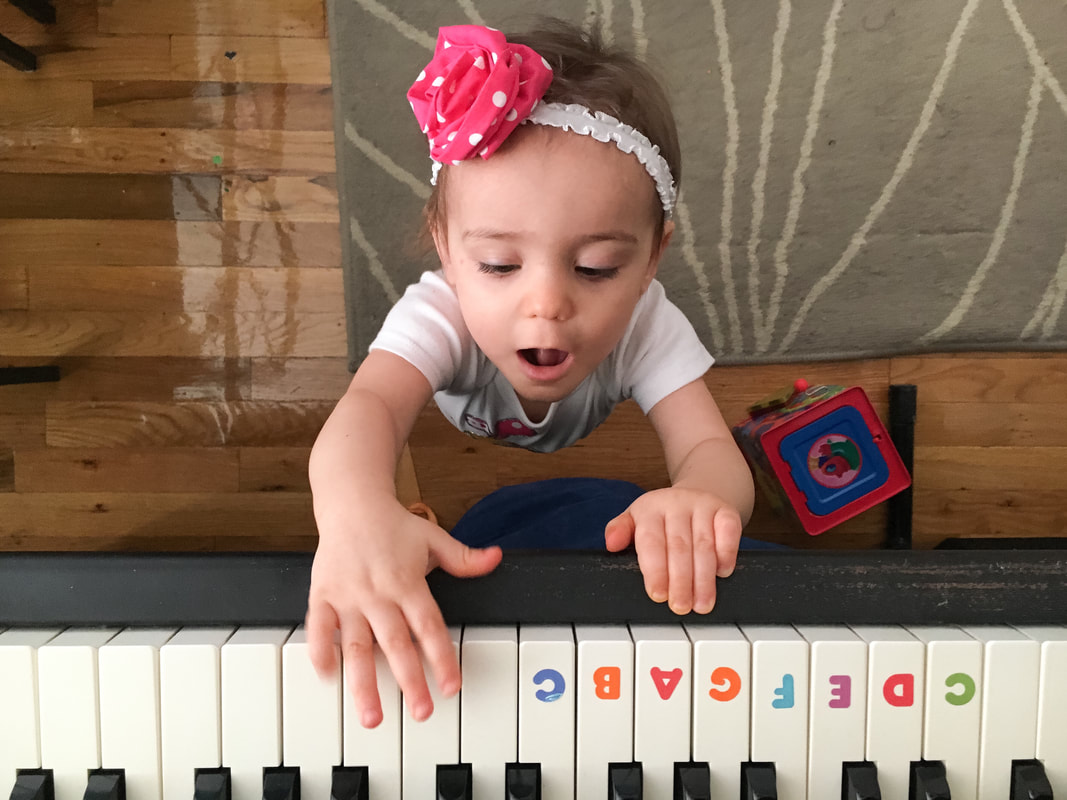For all of my life, I have loved nearly every type of music. I have a playlist called “Decades” with hundreds of songs I started populating in my car on Amazon Music on a long, solo round-trip. I asked Alexa to play the top songs of each year, and if I liked it, I simply said “Alexa, add to playlist ‘Decades,’” which includes my favorite songs ranging from the 18th Century through 2020. When I say “Alexa shuffle ‘Decades,’” someone with me may wonder if I’ve lost my organizational acumen as a variety of seemingly random genres including classical, rock, alternative, pop, rap and more sound off.
Alexa may choose to start off with “Ode to Joy” (Beethoven’s rendition in 1824) then bust out “Thrift Shop” (Macklemore), “Sweet Home Alabama” (Lynyrd Skynyrd), “We Didn’t Start the Fire” (Billy Joel), “Yesterday” (Beatles), “Material Girl” (Madonna), “Start Me Up” (Rolling Stones), “Shake if Off” (Taylor Swift), “Something Just Like This” (Chainsmokers and Coldplay), ‘Cups” (Anna Kendrick), “Suit and Tie” (Justin Timblerlake), “Just the Way You Are” (Bruno Mars), and finish with the not-so-wholesome, not-so-G-rated “Party Up” (DMX). 😊
I never claim to have refined taste. I also don’t claim to have musical acumen except listening and enjoying. I’ve been making a modest attempt to change the latter recently. I’m taking the do-it-yourself approach to learning how to play keyboards. In this endeavor’s genesis I’ve learned about “Middle C.”
Middle C is the fourth “C” (C4) on a standard 88-key piano. It’s not exactly the center of the standard piano or keyboard, but it certainly has a way of centering me. For a novice like me, it has been an anchor. It gives me a reference point from where I find keys A, B, D, E, F and G. And when I actually evolve from the Middle C to the other seven C keys on the keyboard, I know they will be as foundational.
Middle Cs exist in every part of life. The skill I never had in music is balanced by the modest ability I have athletically. I learned to be a pretty good long-range shooter in basketball as a kid and it has stuck with me. But anytime I find myself in a slump from the three-point line, I always go back to my basketball version of my Middle C - the free-throw line, where I shoot 100 free throws before I take any other kind of shot. When I was in a hitting slump in baseball against fastballs, curves and change ups, the Middle C was the batting tee, the holy grail of five-year-old tee-ballers, which forced me to focus on one thing – my hand-eye coordination.
In business, my Middle C is actually a construct I learned in grad school called the “Three Cs” (company, competition and customer) where I can diligently process any business situation efficiently so I have a basis to ask good questions and lay the foundation for discussion for our team to arrive at a good solution.
The Middle C key. The free-throw line. The batting tee. The Three Cs. They are much more than physical spaces or constructs. They are foundational reference points for getting back to the fundamentals. They help recall muscle memory. They are comfort zones in the midst of lost confidence. They are instruments of focus. They are genesis of discoveries. They are North Stars.
Middle Cs are intrinsic. No doubt that we have external support systems when times get tough. Family, friends, faith, counselors, therapists, yoga, meditation, exercise, venting, vacations, etc. All of these provide support in times of crisis when doubt creeps in because of a health scare, a job transition, a difficult decision, a friendship or relationship gone awry, or change in general.
Ultimately, despite all the support, we must find our resolve and resilience from within. That takes mental toughness, clarity, focus, muscle memory, reference points we know are deeply ever-present, but must be hailed to the surface to strengthen us.
The Middle Cs in our intellectual and emotional keyboard are our values, our standards, our beliefs, our successes, our failures, our aspirations, our foundations and our vision.
So whether it’s an unexpected crisis or a welcome challenge that is imminent, find your Middle Cs. They will guide you on the journey to overcome and/or thrive.
I never claim to have refined taste. I also don’t claim to have musical acumen except listening and enjoying. I’ve been making a modest attempt to change the latter recently. I’m taking the do-it-yourself approach to learning how to play keyboards. In this endeavor’s genesis I’ve learned about “Middle C.”
Middle C is the fourth “C” (C4) on a standard 88-key piano. It’s not exactly the center of the standard piano or keyboard, but it certainly has a way of centering me. For a novice like me, it has been an anchor. It gives me a reference point from where I find keys A, B, D, E, F and G. And when I actually evolve from the Middle C to the other seven C keys on the keyboard, I know they will be as foundational.
Middle Cs exist in every part of life. The skill I never had in music is balanced by the modest ability I have athletically. I learned to be a pretty good long-range shooter in basketball as a kid and it has stuck with me. But anytime I find myself in a slump from the three-point line, I always go back to my basketball version of my Middle C - the free-throw line, where I shoot 100 free throws before I take any other kind of shot. When I was in a hitting slump in baseball against fastballs, curves and change ups, the Middle C was the batting tee, the holy grail of five-year-old tee-ballers, which forced me to focus on one thing – my hand-eye coordination.
In business, my Middle C is actually a construct I learned in grad school called the “Three Cs” (company, competition and customer) where I can diligently process any business situation efficiently so I have a basis to ask good questions and lay the foundation for discussion for our team to arrive at a good solution.
The Middle C key. The free-throw line. The batting tee. The Three Cs. They are much more than physical spaces or constructs. They are foundational reference points for getting back to the fundamentals. They help recall muscle memory. They are comfort zones in the midst of lost confidence. They are instruments of focus. They are genesis of discoveries. They are North Stars.
Middle Cs are intrinsic. No doubt that we have external support systems when times get tough. Family, friends, faith, counselors, therapists, yoga, meditation, exercise, venting, vacations, etc. All of these provide support in times of crisis when doubt creeps in because of a health scare, a job transition, a difficult decision, a friendship or relationship gone awry, or change in general.
Ultimately, despite all the support, we must find our resolve and resilience from within. That takes mental toughness, clarity, focus, muscle memory, reference points we know are deeply ever-present, but must be hailed to the surface to strengthen us.
The Middle Cs in our intellectual and emotional keyboard are our values, our standards, our beliefs, our successes, our failures, our aspirations, our foundations and our vision.
So whether it’s an unexpected crisis or a welcome challenge that is imminent, find your Middle Cs. They will guide you on the journey to overcome and/or thrive.

